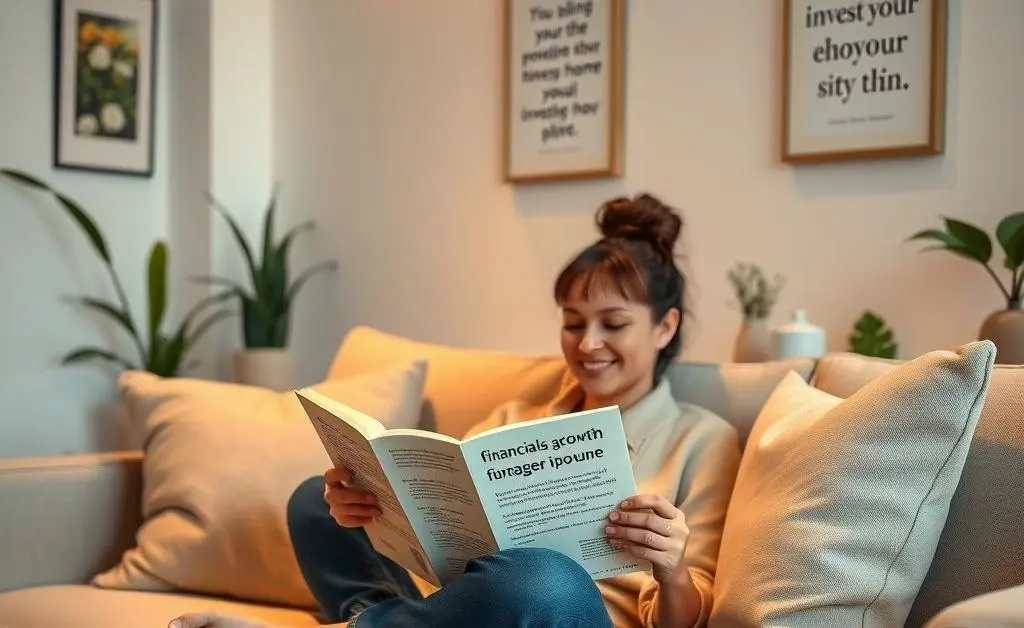Simplifying Budgeting: Practical Advice for Better Money Management
Discover practical tips to conquer budgeting and improve your financial health.

Why Budgeting Still Matters
Budgeting can seem daunting at first. I remember my initial attempts—sheets of paper covered in scribbles, numbers that never seemed to add up. But once I found the right approach, things started to click. Having a budget in place is like having a road map; it guides where your money goes, brings a sense of control, and reduces financial stress.
1. How to Start a Budget
The key is simplicity. Grab a notebook or open your favorite spreadsheet app. Begin by listing your income sources, followed by fixed expenses like rent and utilities, and then variable costs such as groceries and entertainment. Don't forget to include savings as a priority expense, even if it's a small amount.

2. Challenges in Budgeting and How to Overcome Them
Many people see budgeting as restrictive, but it's actually the opposite—it's about making conscious choices. One of the hurdles is the unpredictability of expenses. To tackle this, create a 'miscellaneous' category for unexpected costs. If you find yourself frequently overspending, try the envelope method to better manage cash—literally divide allocated money into envelopes for each spending category.
3. Setting Goals with Your Budget
Goal-setting breathes life into a budget. Whether saving for a dream vacation or paying off debt, identifying tangible goals provides motivation and clarity. Map out these goals and break them into actionable steps. This way, progress becomes visible and more rewarding.

4. Tools and Resources to Enhance Your Budget
Many tools can assist in maintaining your budget without overwhelming yourself. Mobile apps like YNAB or Mint can automate tracking, providing real-time insights into spending. They offer reminders and reports that can alert you when you're veering off your planned course.

Wrapping Things Up
Budgeting isn't one-size-fits-all. It takes experimentation to find what truly works for you, and it’s okay to adjust. What’s essential is starting, however imperfectly. Once you get the wheels turning, you're crafting a stable foundation for your financial future.
What budgeting questions do you still have? Share your thoughts—I’d love to discuss and swap advice!




